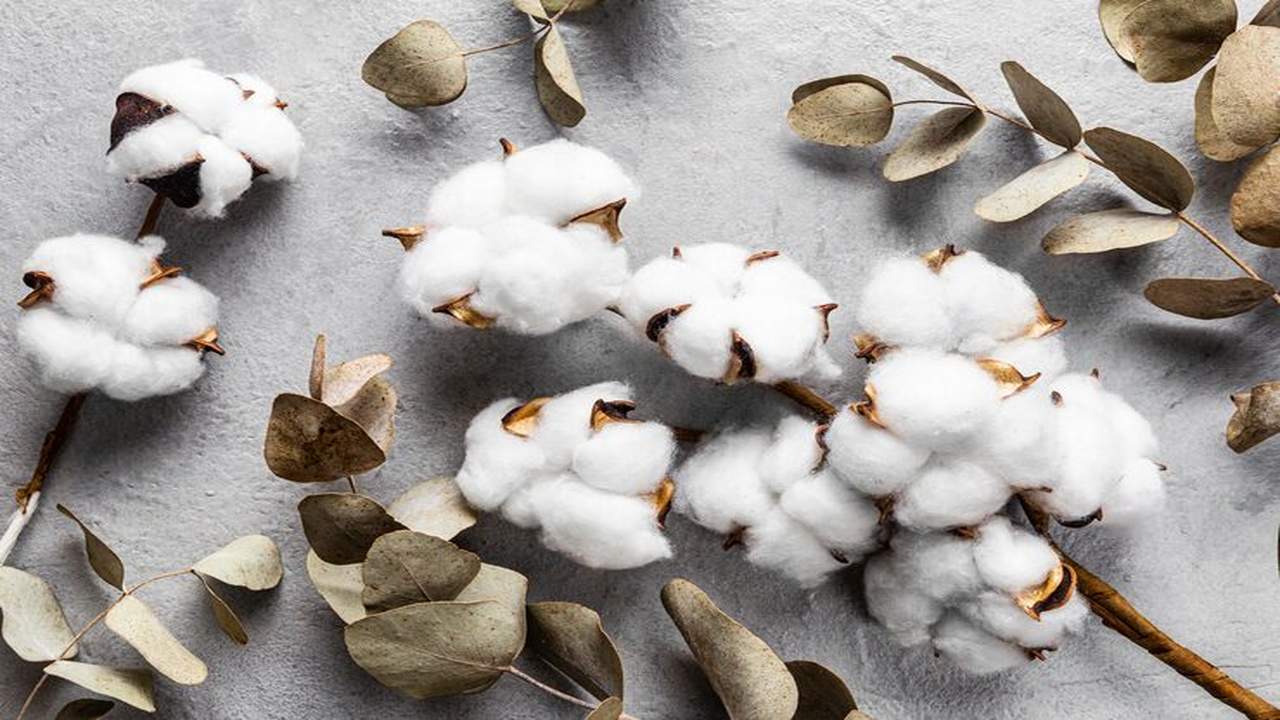 Unreliable data in the fashion industry is shedding light on the complexity of fiber composition, particularly in the case of cotton. According to Solidaridad's 2025 Cotton Ranking, the sector is at a critical juncture, with only modest progress made towards sustainability since 2023. The report reveals a concerning trend of major brands increasingly relying on unsustainable synthetic fibers, hindering the shift towards sustainable cotton. With key players like Levi’s, G-Star, and Ralph Lauren leading in cotton consumption, the industry faces challenges in transparency and accurate reporting. As brands navigate this landscape, the imperative for investing in data management, prioritizing natural fibers over synthetics, and supporting farming communities becomes clear.
Unreliable data in the fashion industry is shedding light on the complexity of fiber composition, particularly in the case of cotton. According to Solidaridad's 2025 Cotton Ranking, the sector is at a critical juncture, with only modest progress made towards sustainability since 2023. The report reveals a concerning trend of major brands increasingly relying on unsustainable synthetic fibers, hindering the shift towards sustainable cotton. With key players like Levi’s, G-Star, and Ralph Lauren leading in cotton consumption, the industry faces challenges in transparency and accurate reporting. As brands navigate this landscape, the imperative for investing in data management, prioritizing natural fibers over synthetics, and supporting farming communities becomes clear.
The Challenge of Unreliable Data in Sustainable Cotton Sourcing
Solidaridad's 2025 Cotton Ranking underscores the challenges posed by unreliable data in the fashion industry, particularly in the realm of sustainable cotton sourcing. The report highlights that while some progress has been made, there remains a significant gap in transparency and accurate reporting among major brands. For instance, only a fraction of the top 100 companies disclose detailed information on their cotton certifications, hindering comprehensive analysis. This lack of transparency not only impedes the shift towards sustainable cotton but also undermines the credibility of sustainability claims within the industry.
Moreover, the report points out that the fashion industry is grappling with a growing reliance on unsustainable synthetic fibers, further complicating the quest for sustainable sourcing practices. Major players like Adidas and Puma illustrate this trend, with discrepancies between their reported use of certified cotton and the actual composition of their fiber mix. Such discrepancies not only raise questions about the integrity of sustainability efforts but also highlight the pressing need for enhanced data management and transparency initiatives across the supply chain.
The Rise of Synthetic Fibers and Implications for Sustainable Cotton
Solidaridad's findings shed light on the escalating dependence of major brands on synthetic fibers, signaling a potential shift away from sustainable cotton sourcing. As highlighted by the report, the fashion industry's reliance on synthetics is particularly pronounced among fast fashion giants like H&M and Zara, where synthetic fibers constitute a significant portion of the overall fiber mix. This shift towards synthetics, driven in part by cost considerations, poses a significant challenge to the promotion of sustainable cotton within the industry.
Furthermore, the report underscores the need for brands to prioritize natural solutions over synthetic alternatives to foster a more sustainable supply chain. Companies like Levi’s, G-Star, and Ralph Lauren stand out for their substantial use of cotton in their operations, emphasizing the importance of maintaining a balance between natural and synthetic fibers. By embracing a more holistic approach to fiber sourcing and consumption, brands can not only enhance their sustainability credentials but also contribute to the broader goal of promoting ethical and transparent supply chains.
Embracing Circular Practices: The Emergence of Recycled Cotton
A notable trend identified in Solidaridad's report is the increasing adoption of certified recycled cotton among select brands, signaling a shift towards circularity in cotton sourcing. Companies like Inditex Group, Zalando, and Cotton On have incorporated recycled cotton into their operations, reflecting a growing awareness of the importance of sustainable practices within the industry. While the use of recycled cotton remains relatively low across the board, the presence of this trend highlights a positive step towards reducing waste and promoting a more environmentally conscious approach to cotton sourcing.
However, the report also underscores the need for greater adoption of recycled cotton across the industry to drive meaningful change. Brands like Amazon and C&A have made strides in incorporating recycled cotton into their supply chains, but the overall percentage remains modest. As sustainability continues to gain prominence in the fashion sector, the integration of recycled materials presents a tangible opportunity for brands to align with ESG goals and contribute to a more sustainable future for the industry.
Conclusion
The fashion industry's journey towards sustainable cotton sourcing faces formidable challenges, as highlighted by Solidaridad's 2025 Cotton Ranking. With major brands like Levi’s, G-Star, and Ralph Lauren leading in cotton consumption, the industry must urgently address the reliance on unsustainable synthetic fibers and embrace a shift towards natural solutions. The rise of synthetic fibers, exemplified by H&M and Zara, underscores the need for enhanced data management and transparency initiatives to uphold sustainability claims. By prioritizing recycled cotton, as seen with Inditex Group, Zalando, and Cotton On, brands can pave the way for circular practices and contribute to a more environmentally conscious future. The imperative for investing in data management, prioritizing natural fibers, and supporting farming communities is clear, urging industry players to reevaluate their sourcing strategies and commit to a more sustainable and transparent supply chain.